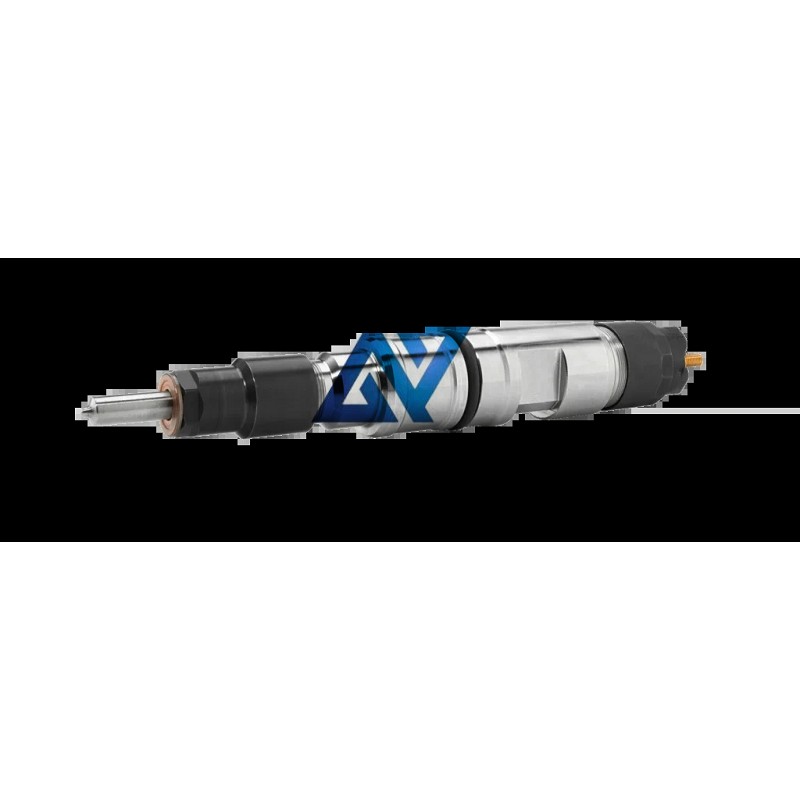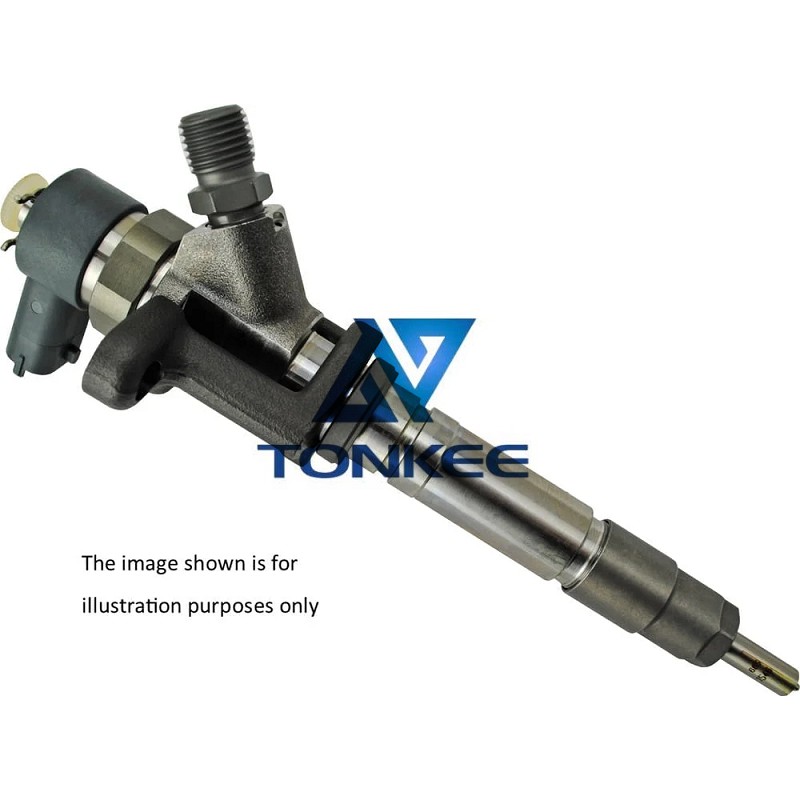
Common rail diesel injectors are part of a sophisticated fuel injection system.
They feature a high-pressure common rail that stores and delivers fuel to the injectors. This system provides precise control over fuel delivery, resulting in improved combustion efficiency and reduced emissions.
Flow Rate:
The flow rate of a common rail diesel injector typically varies depending on the specific engine's requirements. These injectors can have flow rates ranging from approximately 60 to 120 liters per hour (L/h). The flow rate is an essential parameter, as it influences the engine's power output and fuel efficiency.
Injection Pressure:
Common rail diesel injectors operate at high injection pressures, generally in the range of 1,200 to 2,500 bar. The high injection pressure ensures that fuel is atomized effectively, leading to better combustion, improved engine performance, and reduced emissions.
Nozzle Design:
The nozzle design is a critical aspect of common rail diesel injectors.
It plays a crucial role in breaking down fuel into fine droplets for efficient combustion. An optimized nozzle design helps reduce soot formation and improve fuel efficiency.
Electronic Control:
Modern common rail diesel injectors are equipped with advanced electronic control systems. These systems allow for precise control over the injection process, enabling real-time adjustments to match the engine's operating conditions. Electronic control is essential for optimizing performance and reducing emissions.
Compatibility:
Common rail diesel injectors like the Bosch 0 445 120 242 are designed to be compatible with a wide range of diesel engines, including those used in passenger vehicles, commercial trucks, industrial machinery, and more. Compatibility ensures that these injectors can be widely used across various applications.



 English
English Русский язык
Русский язык



